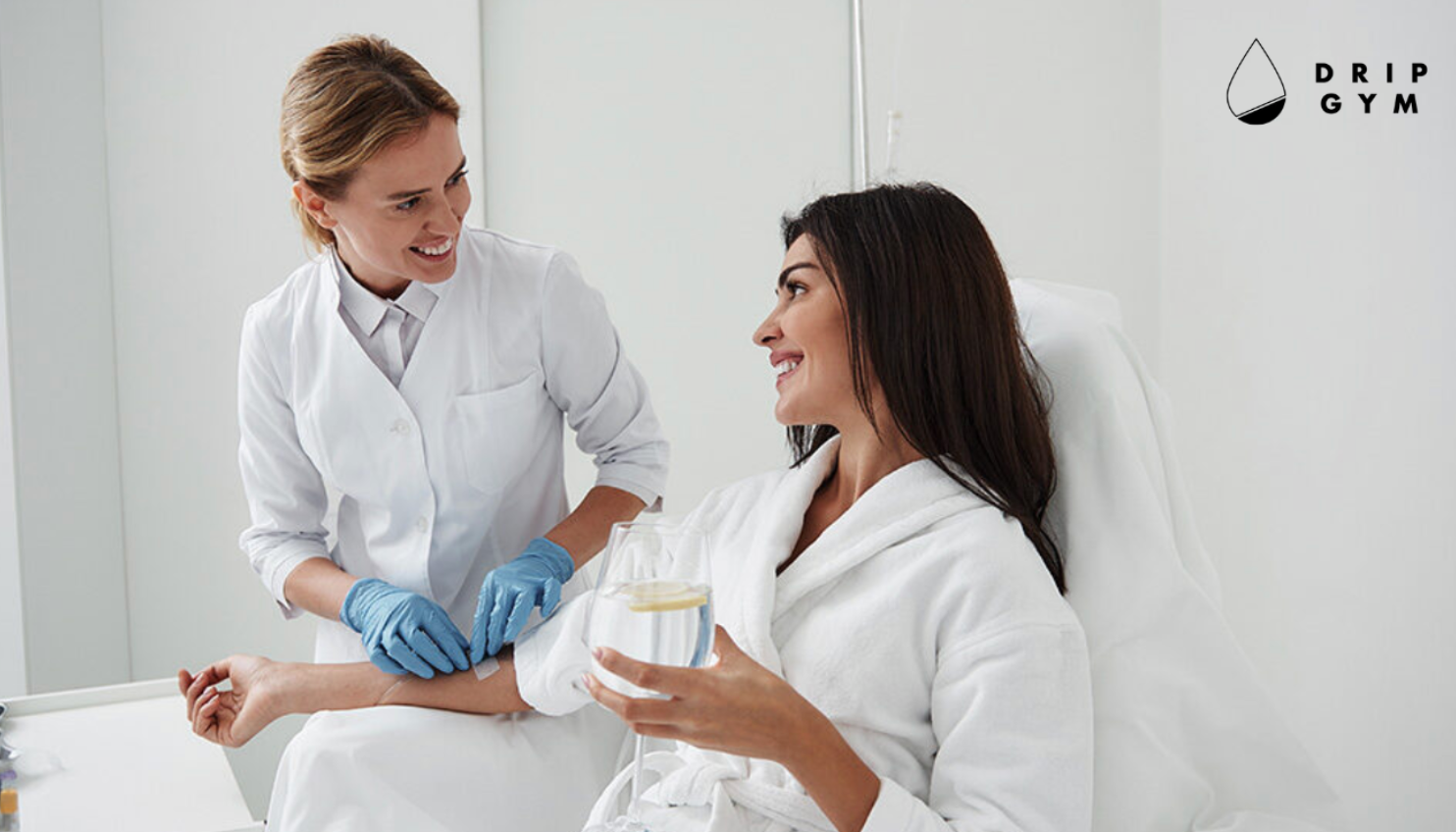What to Avoid When Taking Glutathione for Best Results

Glutathione, often called the master antioxidant, plays an important role in detoxifying the body that supports the immune system, and maintains cellular health. Widely recognized for its ability to combat oxidative stress, it offers numerous benefits, including brighter skin and enhanced overall wellness.
However, to maximize glutathione benefits, it's essential to understand what to avoid when taking glutathione. Making informed choices can help you achieve optimal results and unlock the full potential of this powerful compound.
What is Glutathione?
Glutathione is a naturally occurring antioxidant found in every cell of the body. It contains three amino acids (glutamine, cysteine, and glycine) and is critical in protecting cells from oxidative stress and neutralizing free radicals.
This powerful compound is vital for numerous bodily functions, including detoxification, immune defense, and cellular repair. Its ability to boost liver function and enhance skin clarity has made it popular for those seeking improved health and wellness.
Glutathione Benefits
- Detoxification: It removes harmful toxins from the body, supporting liver function and enhancing the detox process for better health.
- Improved Skin Health: It promotes a brighter, clearer complexion by reducing pigmentation and protecting the skin from oxidative damage.
- Immune Support: It boosts immune function, enabling the body to fight infections and recover faster from illnesses.
- Reduces Oxidative Stress: It also neutralizes free radicals to prevent cell damage and reduce inflammation, protecting vital organs.
- Supports Energy Production: It improves mitochondrial efficiency, helping the body produce energy more effectively and combat fatigue.
What Should I Eat When Taking Glutathione?
To maximize the benefits of glutathione, it’s essential to consume foods that support its production and effectiveness. A balanced diet rich in specific amino acids can enhance your body’s ability to maintain optimal glutathione levels naturally.
Below are some key nutrients to focus on:
L-cysteine
L-cysteine is a vital amino acid that contributes directly to glutathione synthesis.
Rich sources include:
- Poultry (chicken, turkey)
- Eggs
- Dairy products like yogurt and cheese
- Seeds (sunflower and chia)
- Legumes such as lentils and chickpeas
Glycine
Glycine plays a crucial role in supporting cellular repair and enhancing glutathione levels.
Foods high in glycine include:
- Bone broth
- Gelatin
- Fish (like salmon and cod)
- Spinach and kale
- Beans and tofu
L-glutamate
L-glutamate is another key component in glutathione production in many high-protein foods.
Consider adding these to your diet:
- Meat (beef, pork)
- Eggs
- Nuts and seeds (almonds, walnuts)
- Whole grains (quinoa, brown rice)
- Dairy products (milk, cottage cheese)
- Incorporating these nutrient-dense foods helps boost glutathione levels, promoting better detoxification, skin health, and overall well-being.
What to Avoid When Taking Glutathione
To get the most out of glutathione supplementation, it is essential to avoid certain substances and habits that may interfere with its absorption and effectiveness.
1. Alcohol and Smoking
Alcohol and smoking significantly increase oxidative stress, which can negate glutathione's antioxidant properties. Regular alcohol consumption burdens the liver, depleting its natural glutathione stores and impeding detoxification.
Smoking causes harmful free radicals into the body, further diminishing glutathione's ability to neutralize toxins and protect cells.
2. Caffeine
Excessive caffeine intake can interfere with absorbing essential nutrients like vitamin C, which supports glutathione production. High levels of caffeine can also stress the adrenal glands, indirectly affecting the body's ability to maintain balanced glutathione levels.
3. Certain Medications
Medications like acetaminophen (paracetamol), certain antibiotics, and chemotherapy drugs can deplete glutathione levels in the body. These medications increase the workload on the liver, which relies on glutathione to process and detoxify these substances.
Always inform your doctor if you plan to take glutathione while on these medications to avoid potential depletion.
4. Processed and Fried Foods
Diets high in processed and fried foods can contribute to inflammation and oxidative stress, which can reduce the effectiveness of glutathione. These foods often contain trans fats, added sugars, and artificial preservatives that burden the liver, reducing its ability to produce and utilize glutathione for detoxification.
5. Dairy Foods and Drinks
Dairy products can trigger inflammation in some individuals, which may counteract glutathione's anti-inflammatory benefits. Moreover, high-fat dairy can increase oxidative stress in the body, making it harder for glutathione to perform its protective functions efficiently.
6. Always Consult a Healthcare Professional Before Use
Before starting glutathione supplementation, it's essential to consult a healthcare professional. They can help assess your specific health needs, identify potential interactions with medications or existing conditions, and provide guidance on the proper dosage and timing to maximize benefits.
Sources of Glutathione
Glutathione can be obtained through dietary sources and supplements, ensuring the body maintains optimal levels to support overall health.
Glutathione in Foods
Incorporating foods rich in glutathione or those that promote its production can help maintain optimal levels.
Below are some excellent sources:
- Avocados: High in healthy fats and glutathione content, promoting skin health and detoxification.
- Spinach: Packed with antioxidants, including glutathione, supporting immune function.
- Asparagus: One of the top natural sources of glutathione, aiding liver health and detoxification.
- Broccoli: Contains compounds that boost glutathione levels, improving overall cell protection.
- Garlic: Rich in sulfur, which is crucial for glutathione production.
- Tomatoes: Provide a good amount of glutathione and lycopene, supporting skin and heart health.
- Brussels Sprouts: Another cruciferous vegetable high in sulfur, aiding in glutathione synthesis.
Supplements as an Additional Boost
Supplements offer an effective solution for those who need higher glutathione levels. Glutathione supplements come in different forms, including capsules, powders, and IV drips.
They provide a more concentrated dose, which can be especially beneficial for individuals with oxidative stress, chronic illness, or those seeking enhanced detoxification and skin health. Always consult with a healthcare provider to determine the appropriate supplementation.
Transform Your Health with Glutathione IV Treatments at Drip Gym
Drip Gym's Glutathione IV Therapy is designed to rejuvenate your skin and boost overall wellness. This powerful antioxidant treatment helps combat oxidative stress, promotes a radiant complexion, and supports overall wellness. Whether you're looking to enhance your natural glow or strengthen your immune system, Drip Gym offers personalized care to meet your health goals.
If you're looking for IV therapy treatment in New York, check out Drip Gym or visit our locations in Brooklyn or Long Island.



